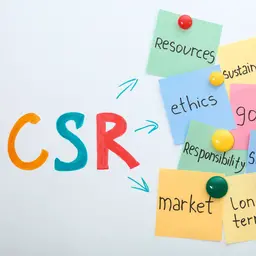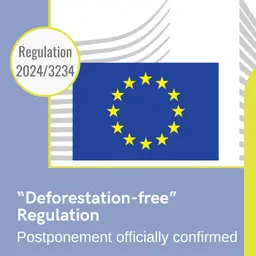
For a few years, zero waste cosmetics have been developing as a response to the climate emergency. This segment of the beauty industry concerns several players in the value chain. In order to better understand the stakes and the degree of maturity of this branch of the skincare industry, Les Echos Études conducted a complete survey, an extract of which was sent to the press.
Zero waste cosmetics has many ramifications. It encompasses both:
• Sales (bulk, deposit, anti-waste approach)
• Packaging (elimination of superfluous, monomaterial…)
• Finished products (anhydrous, refillable…)
• Sorting practices (consumer awareness, in-store recycling terminals, etc.)
The drivers
Some factors have contributed to the democratization of this part of the beauty industry.
Consumer expectations (and their desire to reduce their use of plastic) and the regulatory framework (AGEC, Climate & Resilience) have helped accelerate the movement.
The cosmetics sector, affected by environmental awareness, has seen the emergence of many young brands that are committed and break with the conventional players already in place.
“Unlike luxury companies that are still too attached to their image and reluctant to compromise, the Indies have put sustainable development at the heart of their strategy. It is at the basis of the conception of the products.”
A disparate maturity…
All cosmetics categories are concerned by zero waste. But they are not all at the same level in terms of offers and solutions.
According to Les Echos Études, hygiene products are the most developed. Brands have succeeded in setting up eco-refills, reducing plastic packaging and devising new galenic formulations (solids, powders, etc.).
Despite a certain difficulty in …













